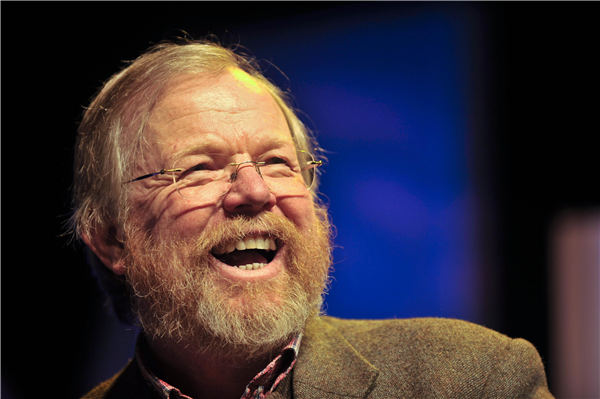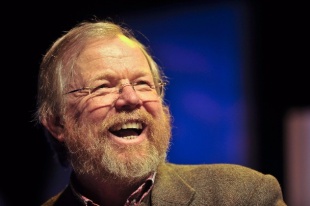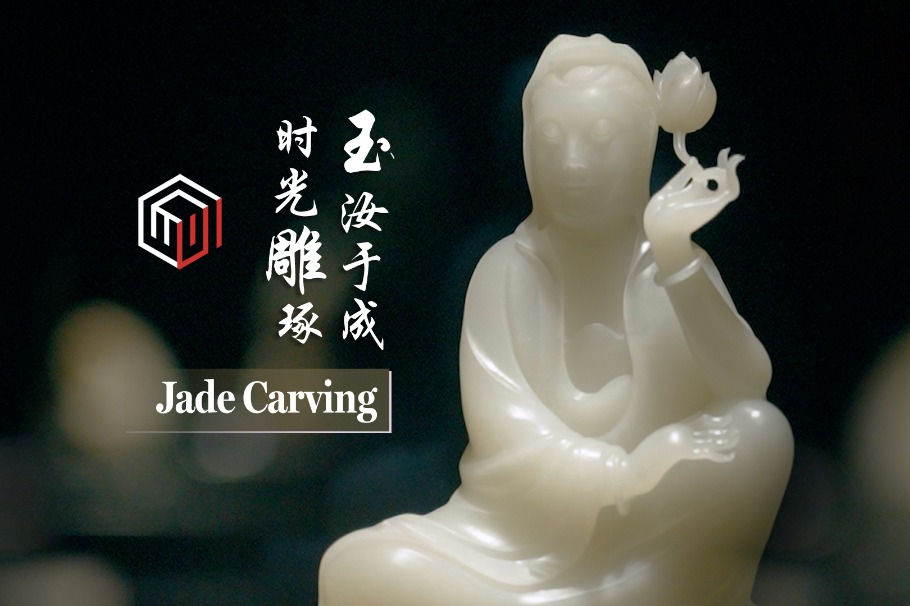Robots, AI could outsmart humans in a scary future world, says author


"They will be there to assist us. Like a doctor, if you're examining somebody and you're trying to come up with something, especially if it's like a rare disease, or it's a tricky one. Having artificial intelligence that could help you make a diagnosis, I think that would be a good thing," he says.
Next book
Meanwhile away from a world of future robots, Bryson's latest major project is a book about the human body.
"I'm trying to understand how the body is put together," he says. "I'm very aware of the fact that I've been living in this body for 66 years and it's looked after me, but I haven't particularly looked after it."
Bryson explains: "It's kept me going, and I have no idea really what goes on inside me. I don't know where my spleen is, or my pancreas is, and if I found them I wouldn't be able to tell you anything about them. So, the whole idea of the book is me trying to understand how the human body is put together."
"It won't be a medical textbook, but a work that will wow readers into realizing the human body is an amazing thing," he says.
Having authored a slew of books on travel, the English language, science, and other nonfiction topics, the US-born writer has been a resident of Britain for most of his adult life.
Brexit
Regarding Brexit, Bryson believes Britain made the wrong decision when it voted to leave the European Union. And as a supporter of the Campaign for Rural England, he wants Britain's housing needs to see development on brownfield sites, rather than the rich and green pastures of the countryside.
When asked if his trip was enough to whet Bryson's appetite to write about China's cities, he replies honestly: "Well, I don't know. It's always tricky to write a book about a culture you don't understand, or people you don't know."
But the author says he is more than happy to visit the country again in the near future.





































